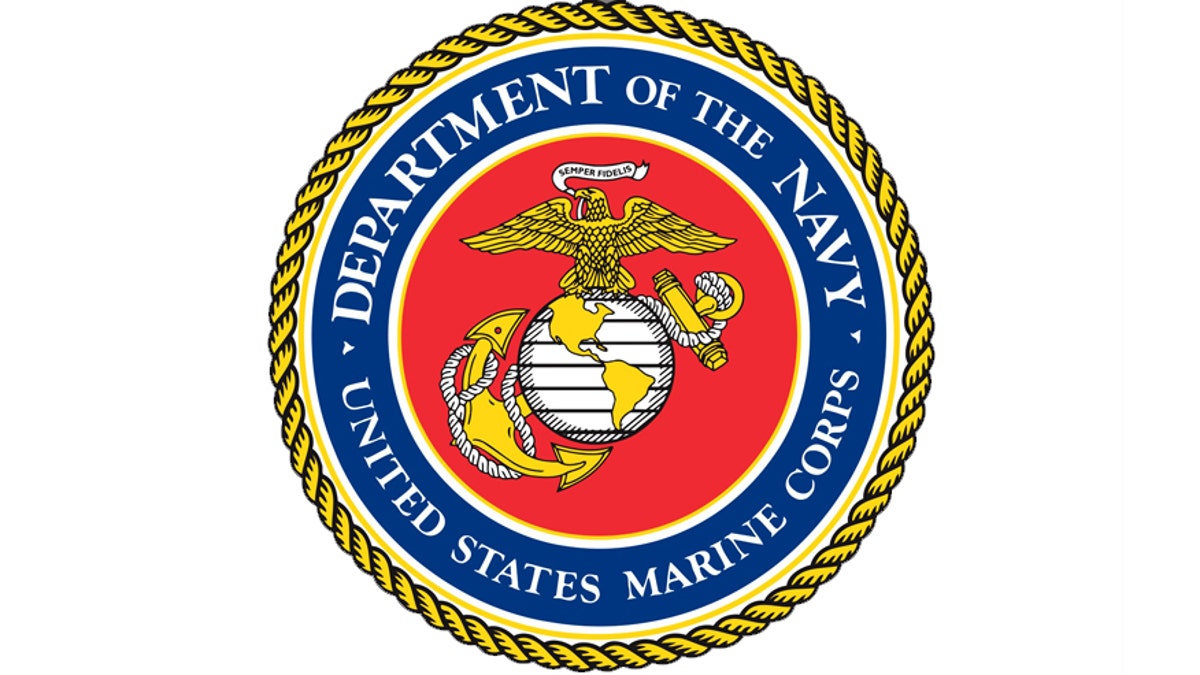
In serving many exceptional clients during my career, I’ve seen firsthand what sets these organizations apart. Every day, they live a unique culture of purpose beyond making a profit.
I have often cited the U.S. Marine Corps as the ultimate example of such an organization. Founded in 1775 to ensure independence at sea and on shore, Marines have served that purpose for nearly 240 years, earning their reputation as an elite force.
Recently, the Marine Corps detailed its “Vision 2025” through goals that struck me as equally relevant to businesses seeking to become – and remain – exceptional. Here are four I found especially compelling:
[pullquote]
1. Dedicated to making Marines imbued with the ideal of selfless service to the nation
The Marine Corps’ history is one of defending freedom. Likewise, businesses can choose to pursue something greater than profit.
That may seem counterintuitive in a marketplace that celebrates shareholder value. Yet the 2014 Deloitte Core Beliefs & Culture Survey found that performing well financially and achieving higher levels of employee engagement, are two of many long-term, positive outcomes associated with businesses that create positive impacts for all of their stakeholders – including clients, employees, and communities.
For example, in 2012 the new manager of an underperforming team at health care company Roche made a radical decision not to think about profit whatsoever for the first six months But the manager did lead the team to adopt a common purpose: enabling people with diabetes to live their lives as unrestricted as possible.
A year later, only two people from the original team of 20 had left, employee disengagement had plummeted to zero percent, and market share had risen three percent.
2. Prepared to “live hard” in uncertain, chaotic, and austere environments
During the Korean War, the 1st Marine Division found itself at Chosin Reservoir encircled by the enemy, outnumbered 8-to-1, and battered by winter temperatures of -40 degrees Fahrenheit. Yet the “Chosin Few” successfully broke through and made their way to the sea.
Today, businesses find themselves surrounded by relentless forces – from economic turmoil and regulatory change to black swan events and disruptive technologies. In the survey cited above, respondents who say their organizations have a strong sense of purpose are much more optimistic about their ability to stay ahead of industry disruptions and to outperform competitors.
Armed with a passion to engage and win – along with prudent risk-taking – such organizations succeed against the odds. When Alan Mulally became Ford CEO in 2006, he found huge losses, poor quality, and a global organization making similar cars with different parts.
On the eve of the recession in 2008, he pledged everything Ford had, borrowing over $23 billion, avoiding a bailout, and kept Ford going further.
By pulling together Ford’s culture to act as one and focusing intently on the business through weekly meetings with executives, Mr. Mulally has driven Ford to gain $48 billion in market value during his tenure.
3. Trained and equipped to lead joint and multinational operations and enable interagency activities
Following natural disasters such as Hurricane Katrina or the 2011 earthquake and tsunami in Japan, Marines worked with others to coordinate rescue operations, restore order, and assist rebuilding efforts.
The business lesson: collaborative relationships that leverage each organization’s capabilities can generate dividends far greater than any can achieve alone. Business can create positive impact by teaming with governments, nongovernmental organizations (NGOs), investors, and citizens. In the process, they also can strengthen their brand, engage talent, improve supply chains, and expand markets.
Consider personal-care giant Unilever, which generates profitable growth by tapping an underserved market in India. The company partners with NGOs, governments, and banks to sell a highly portable, bio-friendly soap to promote hand washing where sanitation is a constant concern. Initially, 17 women earned much-needed income by selling the soap. Through collaboration with local businesses on a microloan program, Unilever has expanded its network to 43,000 distributors serving 3 million Indian households.
4. Committed to taking care of Marines and their families – a “Marine for life”
The Marine Corps’ official policy: there are no former Marines. That’s not surprising for an elite organization that instills a lifelong devotion to country – and each other. What the Marine Corps teaches us is that during or after active duty, a culture of purpose leaves none of its members behind.
For businesses, that means ongoing development of employees and leaders throughout their careers and beyond.
At Deloitte, we regard our people as colleagues for life by training, mentoring, and apprenticing them to become masters of their chosen craft. We also have an active alumni program to stay connected with those who leave and have instituted programs for our retired partners and directors to help them continue to serve others as teachers or board directors.
Business leaders, take note. When an organization fulfills an unwavering commitment to serve its purpose, two words should come quickly to mind – Semper Fi.
